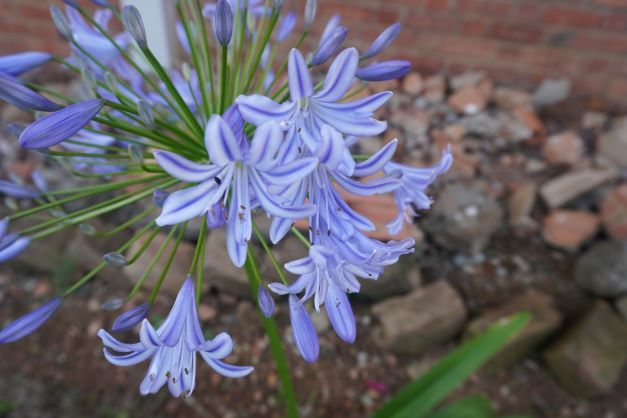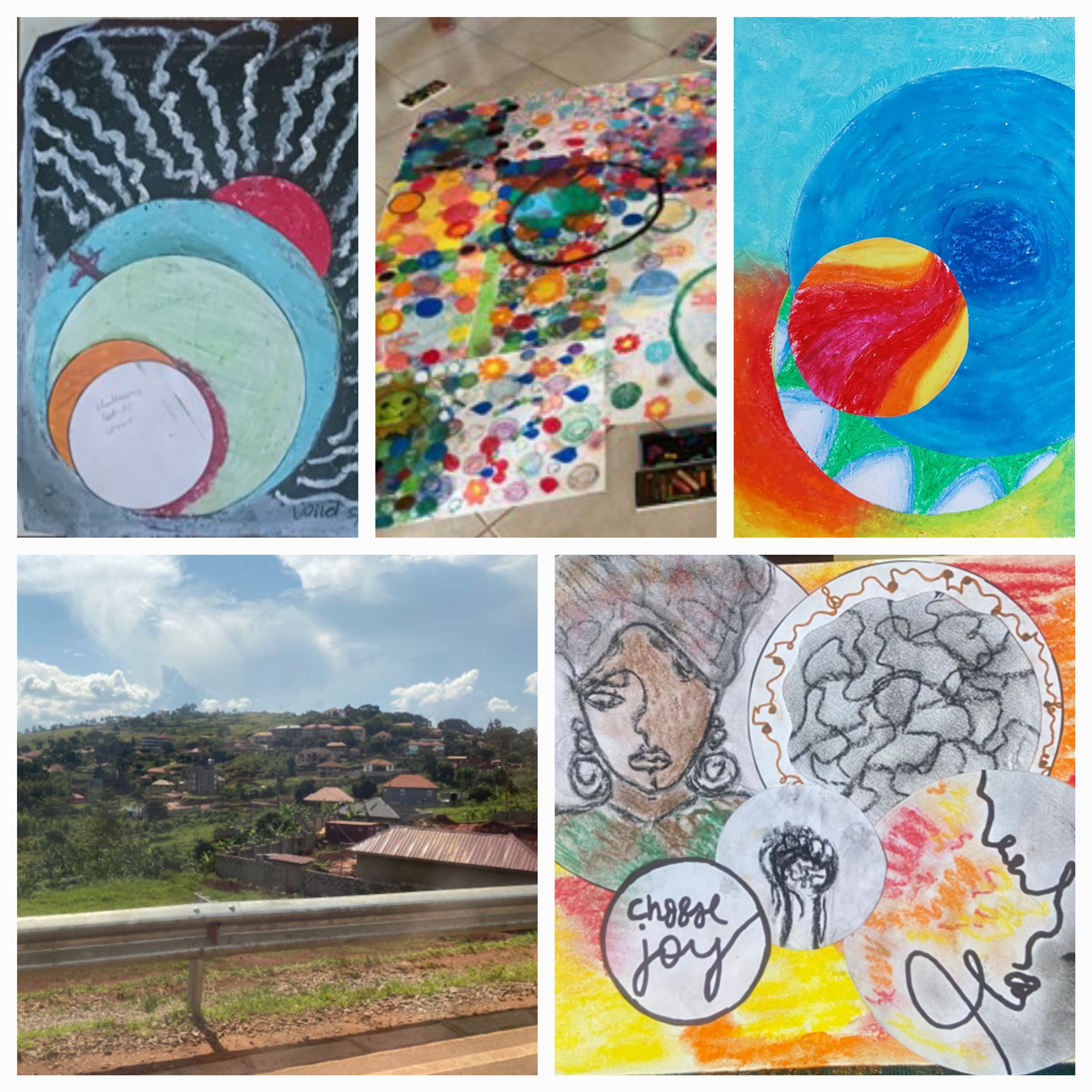
Mosaic 1: On Identity; Isaac Kyeremateng, Uganda (Week 16, Post 16)
In this last study abroad-related post, some of my USP friends Dani, Lauren, Beth, Kayla, and I are responding to the question: what has it meant for you to be in Uganda this semester in the context of your unique identity?
Beth Merritt:
Spending a semester in Uganda has brought a season of wrestling for me when I think about my unique identity. I have been confronted with my identities of being an American, being Chinese, being a woman, and more. I have faced my fair share of challenges when being seen for an identity I hold. All of these have granted me a power I am learning to equalize and utilize while reminding myself to walk humbly through life. I am all of these identifiers yet not one solely defines who I am. I have the ability to start those conversations and push into what it means to be me, and most of all, what it means to be a child of God through these identities.
Danielle Chang:
Being in Uganda has been an amazing opportunity to understand my vocational calling and cultural identity in light of being an Asian-American in the US. Through the interactions with UCU students, hospital staff, and my Mukono and rural homestay families, I have been able to deeply reflect on the influences of culture and its integration into my core values. Currently, I’m invested in a profession involving the medical field, possibly a medical missionary in Afghanistan. My time here in Uganda has helped me be retrospective on the experiences faced each day, constantly meditate on the lessons learned as a foreigner on a pilgrimage, and understand what is required to be a medical missionary in another country.
Kayla Burns.
Frequently during the semester, I have been asked, “Where are you from?” I would respond, “I am from America.”The question “Okay, but where are you really from?” often follows. For many, it’s difficult to tell that I am from America based on my skin color. Therefore, I have had several identities placed upon me (eg. biracial, Indian, and Nigerian). My physical appearance assumes cultural identities that I do not identify with, but in some instances, my voice has created a power dynamic within my experience in Uganda. Sometimes I speak around my classmates, and my voice is not recognized because the power of color trumps the American accent. However, after building relationships with people who had initial assumptions about my identity, they gained an understanding of who I am.
Lauren Thrush:
Being in Uganda has provided me with unique opportunities to consider my identity, culture, and faith. It took being removed from my home context to more deeply understand these things about myself. As a White American living in Uganda, I stand out in ways that I do not at home in the U.S. Some would relish this attention. Slowly, I have gotten used to it. Living in Uganda this semester has made me consider what it means to be a Christian. How does being a Christian inform my identity and how does learning from Christian Ugandans deepen my understanding of God and identity in Christ? Being in a foreign country has forced me to step outside of my comfort zone, and for that, I am grateful because it has provided opportunities for growth.
Isaac Kyeremateng:
Coming back to my home continent has been a period of return and nuance. I am Ugandan, but I am not. I am American, but I am not. My presence has caused many a reaction, from confusion, to surprise, to joy. And it’s because of my unique Identity as a Ghanaian-born, American Christian in Uganda, and more. But the greatest challenge has been to submit my identity under my Christian identity. God calls me to himself, and at the same time, he grants me the uniqueness of the times, places, and people that have shaped me and that, I do not take for granted.

